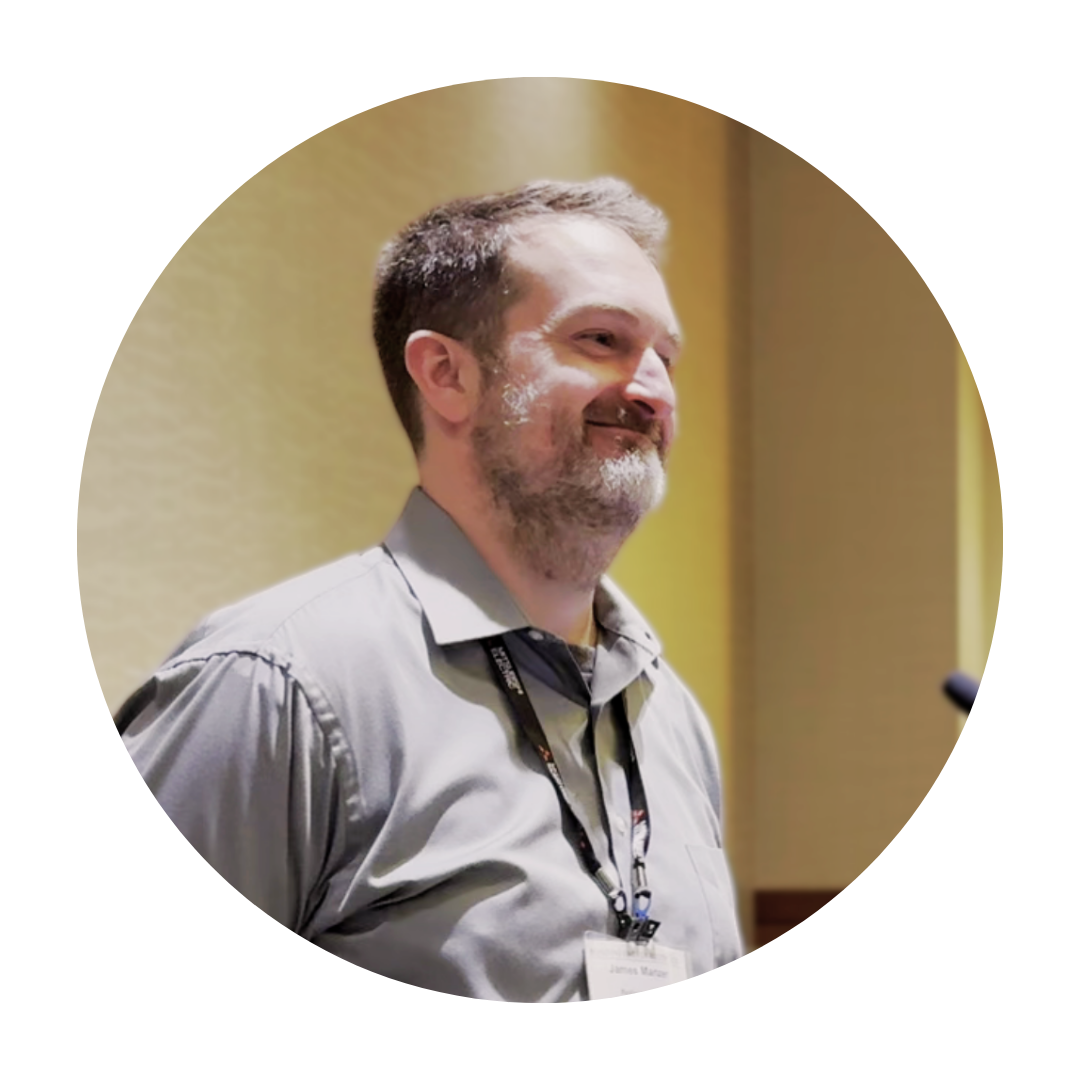Top 10 Most In-Demand Skills in Renewable Energy for 2025
May 23, 2025
If you’ve been thinking, “There’s got to be more than this job that drains me,” you’re not alone and you’re not wrong. More and more people are waking up to the idea that your 9-to-5 can be more than just a paycheck. It can be a purpose. And if you’re even a little climate-curious, there’s never been a better time to explore careers that fight climate change.
The renewable energy sector is booming, and AI is accelerating it. In 2024, global investments in clean energy broke records. And in 2025, that growth is supercharged by smarter grid systems, predictive analytics, and automated design tools. But it’s not just about technology. It’s about people. Purpose-driven, future-ready people like you.
If you’re looking for a meaningful career, a green career, or a fresh start in a field where your work actually matters, this list is for you. Whether you're technical or creative, hands-on or analytical, there's a climate career calling your name.
Here are the top 10 most in-demand skills in the renewable energy workforce and how you can start building them today.
1. Project Management
Renewable energy projects involve lots of moving parts: timelines, teams, budgets, and tech. If you’re organized, a natural leader, or have experience in operations or coordination, your project management skills are gold.
I worked with Alicia, who used to manage university events. She thought her career had no overlap with renewables—until she realized she was already an expert at managing complex logistics. Today, she’s leading solar school retrofits.
Project managers are the glue holding clean energy installations together. If you’ve ever kept a team moving and a project on track, you’ve got the foundation for this role. Certifications like PMP or Agile can boost your resume–and bonus points if you’re familiar with tools like Asan, Monday, or Trello–but even team leads from retail or construction can transition with ease.
2. Electrical and Mechanical Expertise
From solar panel wiring to wind turbine maintenance, hands-on electrical and mechanical skills are crucial. If you're a licensed electrician, technician, or engineer—or interested in becoming one—there’s huge demand in climate careers.
The U.S. Bureau of Labor Statistics projects wind turbine technician roles to grow 60% from 2023 to 2033, one of the fastest-growing careers in the country. These roles often pay well and require less time to train than traditional four-year degrees.
If you’re good with your hands and love problem-solving, this is a career shift worth looking into.
3. Energy Data Analytics and AI Modeling
Energy efficiency is all about optimization, and that means data. Whether it’s tracking rooftop solar output, grid demand forecasting, or building energy benchmarking, data scientists and analysts are essential.
New in 2025: AI models are powering real-time energy optimization and emissions tracking. If you're skilled with Excel, Python, or even Power BI, you can level up with energy-specific platforms and climate data tools.
Energy analyst and sustainability analyst roles continue to be among the best-paying and most versatile in the renewable sector.
4. Energy Auditing
This role is part detective, part sustainability expert. Energy auditors assess how buildings consume energy and identify ways to improve efficiency. It’s always in high demand across both the public and private sectors.
You’ll need some training, but many roles are open to career switchers with experience in construction, real estate, or home inspection. Luis, a real estate inspector I worked with, had no idea his background was already 80% aligned with energy auditing. After a short course, he started helping homeowners identify energy leaks—and helped cut their bills and emissions.
Doing certification programs like BPI or RESNET can also fast-track your entry. If you’ve got a background in buildings, inspections, or construction? This could be your pivot.
5. Communication and Education
Not everything in clean energy is technical. The industry needs communicators: people who can translate science into action, write grant proposals, create training programs, or guide clients through installations.
If you’ve got a background in teaching, writing, marketing, or public outreach, you’re needed. I’ve worked with folks from teaching, marketing, and nonprofit backgrounds who didn’t realize how valuable their voice could be.
Samantha, a former science teacher, now designs electrification curriculum for community workshops. Her skills help people understand their energy choices and take action.
If you know how to break things down, explain them clearly, or rally people around a cause, you’re already a climate communicator.
6. Sales and Customer Service
As solar, EVs, and heat pumps enter the mainstream, sales and service roles are essential. These roles aren’t about hard-selling—they’re about educating people on their options and guiding them toward smart choices. Customer experience is everything.
The best salespeople in clean energy are educators first, especially in residential solar or heat pump installation services. Empathy and communication are key.
7. Permitting and Policy Navigation
Every renewable energy project needs to follow local rules. That means permitting, zoning, utility coordination, and environmental assessments. People who understand policy—or are willing to learn—are essential in helping projects move forward smoothly.
This is a great match for folks with experience in government, law, urban planning, or logistics– like Priya, someone I worked with. She was in city planning before making a pivot in this industry. She now helps solar companies get their projects approved faster because she understands exactly how to navigate municipal red tape.
It’s the best role for people who want to bridge the gap between planning and taking action.
8. HVAC and Building Performance
With the rise of electrification and heat pump installations, HVAC technicians and building performance professionals are in high demand. Your work literally keeps people warm (or cool) while reducing emissions.
According to Rewiring America, electrifying homes and buildings is one of the biggest levers for decarbonization. That means HVAC pros who understand heat pumps and efficient systems are at the forefront of the clean energy shift.
9. Digital Design and Modeling (CAD/BIM)
Renewable energy systems are often modeled before they’re built. If you’ve worked in AutoCAD, SketchUp, Revit, or similar software, your skills can be translated into system design, site planning, and even 3D modeling for solar arrays and sustainable buildings.
These roles are ideal for creative thinkers with a technical edge—especially those transitioning from architecture, construction, or interior design.
10. Training and Workforce Development
Clean energy is growing fast, but the workforce isn’t growing fast enough. That means we need trainers, curriculum designers, mentors, and support staff to bring others along. If you love helping people grow, this is your lane.
Career changers with backgrounds in adult education, HR, or coaching are a natural fit. Programs across the U.S. are desperate for clean energy educators who can meet the moment.
Curious where you fit in? I built SolarPunkPro because people kept asking, “Where do I even start?” And honestly, that’s the hardest part—just finding a clear path.
If this list got your gears turning, but you’re still unsure where you fit, I’d love to help.
Book a Roadmap Call and we’ll walk through your experience, your goals, and your best next steps into a renewable energy career.
Some quick wins to get moving:
- Upskill online: There are tons of free and low-cost training platforms that offer certificates in solar energy, sustainability, and energy management. Sites like Coursera, HeatSpring, and Solar Energy International are great places to start. And if you want step-by-step support, the SolarPunkPro Masterclass gives you a clear path to building your clean energy career.
- Follow industry updates: The renewable energy world moves fast. We break it down for you on Instagram and Facebook, where we post the latest news, job trends, and clean tech breakthroughs.
- Network with purpose: Join climate job groups on LinkedIn, follow key thought leaders, and attend clean energy meetups—online or in person. You're not alone in this.
- Start small: Join a local climate group. Volunteer on a sustainability committee. Even one workshop or one conversation can shift your direction.
The Bottom Line: You’re Needed
The clean energy industry isn’t a niche anymore. It’s a seismic shift in how the world works. That shift needs people—especially people who care. Whether you come from construction, customer service, corporate marketing, or something else entirely, there’s a place for you in this movement.
These green careers aren’t just meaningful careers—they’re growing fast, pay well, and offer real purpose. By aligning your work with the climate solution, you’re not only helping the planet—you’re creating a future you can be proud of.
If you’ve been feeling burned out, stuck, or like your work doesn’t make a difference, it’s time to change that. The renewable energy industry is hiring people just like you.
Book a Roadmap Call and let’s explore how your skills can fuel a career that fights climate change.

James Manzer, founder of SolarPunkPro, went from dead-end jobs to leading clean energy projects worldwide. With nearly 20 years of experience, he built the Electrify Everything and Power it with Renewables Masterclass to give you the practical skills and clear path he wished he had. Ready to build a meaningful career in clean energy? Let’s chart your next move.

